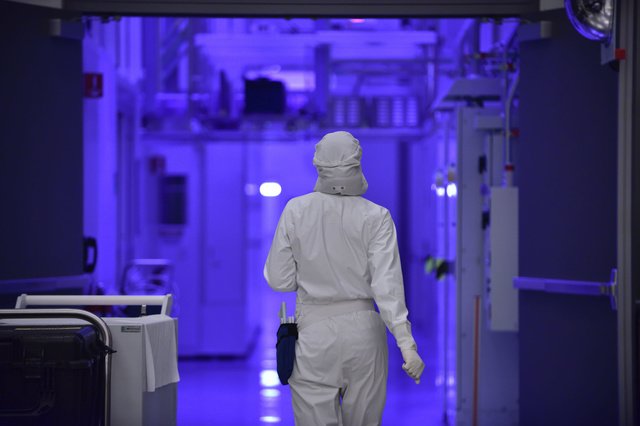The US Congress passed CHIPS. Billions of dollars will go to chip factories on American soil.
CHIPS is part of a broader science and technology package of $280 billion. It was approved with somewhat rare bipartisan support, and President Joe Biden has yet to sign it.
The proposal should, among other things, support chip production on US soil and thus make the country less dependent on foreign suppliers. The vast majority of semiconductors are currently being built in Southeast Asia. However, the sector has been in short supply for several years, due in part to shutdowns and some natural disasters. Uncertain geopolitical relations with China, for example, also force the United States to increase investment in its production.
Semiconductors
So about $52 billion in this package goes directly to the manufacturing of Fab Semiconductors. An additional $24 billion will go into tax cuts for companies that build chips on US soil. This is good news for Intel, the largest US chip maker. It plans to invest $40 billion in new plants. Taiwan’s TSMC and Samsung also have plans for new plants or expansions in the United States.
The European Commission made a similar proposal in February to support chip production. Through the European chip law, the Commission wants to free up 43 billion for production in the region. It will also take some time with both laws before all the proposed plants are ‘running’. Building a specialized fab, certainly for new, smaller semiconductors, takes several years.
CHIPS is part of a broader science and technology package of $280 billion. It was approved with somewhat rare bipartisan support, and President Joe Biden has yet to sign it. The proposal should, among other things, support chip production on US soil and thus make the country less dependent on foreign suppliers. The vast majority of semiconductors are currently being built in Southeast Asia. However, the sector has been in short supply for several years, due in part to shutdowns and some natural disasters. Uncertain geopolitical relations with China, for example, also force the United States to increase investment in its production. So about $52 billion in this package goes directly to the manufacturing of Fab Semiconductors. An additional $24 billion will go into tax cuts for companies that build chips on US soil. This is good news for Intel, the largest US chip maker. It plans to invest $40 billion in new plants. Taiwan’s TSMC and Samsung also have plans for new plants or expansions in the United States. The European Commission made a similar proposal in February to support chip production. Through the European chip law, the Commission wants to free up 43 billion for production in the region. It will also take some time with both laws before all the proposed plants are ‘running’. Building a specialized fab, certainly for new, smaller semiconductors, takes several years.

Devoted music ninja. Zombie practitioner. Pop culture aficionado. Webaholic. Communicator. Internet nerd. Certified alcohol maven. Tv buff.

